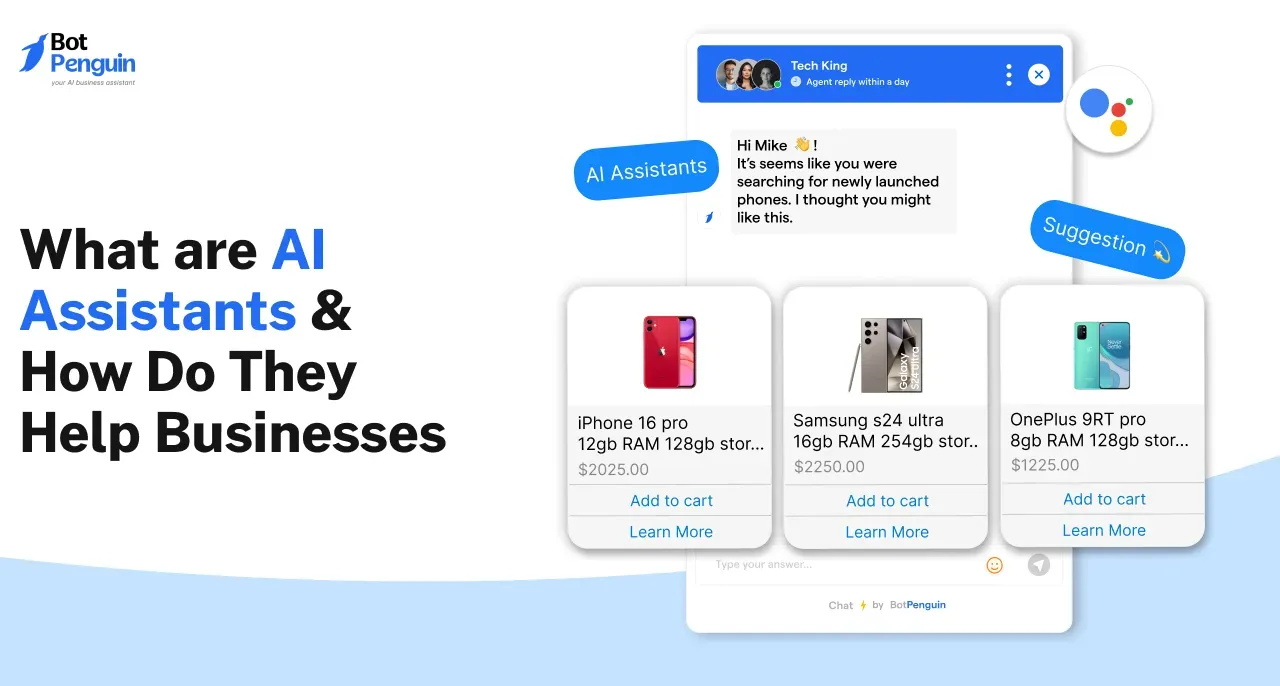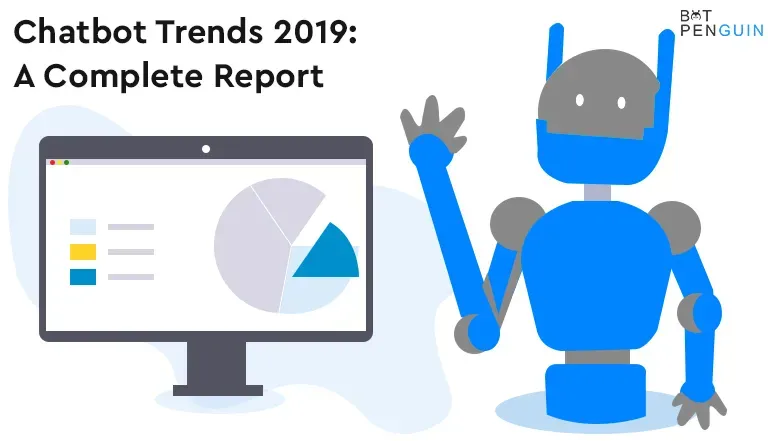Introduction
AI assistants are an important element of daily operations for both organizations and consumers.
As per Business Research Insights, the virtual assistant market is growing rapidly. It is predicted to get USD 19.27 billion in 2032 at a rate of 22.3% per year.
As the advancement of AI is rapid, determining which is the best AI assistant is more important than ever. AI assistants also have many advantages in terms of efficiency and automation. It can manage private finances to help with eCommerce and reduce manual effort.
But you are not here to simply choose the best AI assistant. Right? It is important to consider what they are, and how they help businesses.
Continue reading to learn more about AI assistants to help you find the best AI assistant for your needs.
Understanding AI Assistants
Technology is evolving fast. AI assistants are changing how people handle tasks. They improve productivity and reduce workload. So, let's learn more about the AI assistants in this section.
What are AI Assistants?
The AI assistants are computer programs designed to help users complete various tasks. These tasks range from personal reminders to complex business operations.
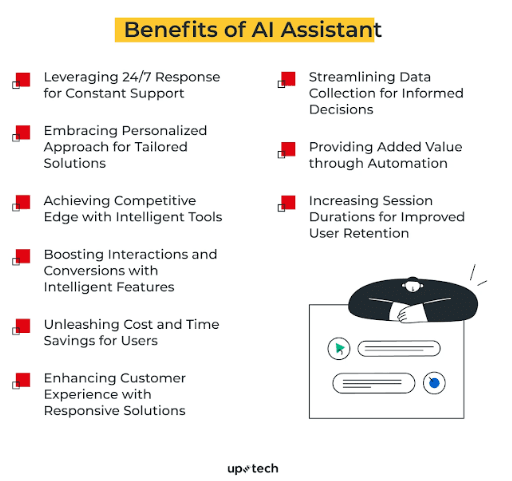
The assistant responds to voice commands or typed inputs. Many users rely on them for better time management and task organization.
How AI Assistants Work
AI assistants use advanced algorithms to process user commands. They rely on machine learning and natural language processing to understand inputs.
When a user provides a command, the assistant analyzes it and performs the requested task. Over time, these assistants learn user preferences to offer better suggestions.
Types of AI Assistants in Business
Artificial Intelligence (AI) has transformed how businesses operate. AI assistants simplify tasks by improving efficiency to enhance customer service.
Many companies now rely on various AI assistants to manage routine tasks and boost productivity. So, let’s check out the different types of AI assistants in business today.
AI Personal Assistant for Business
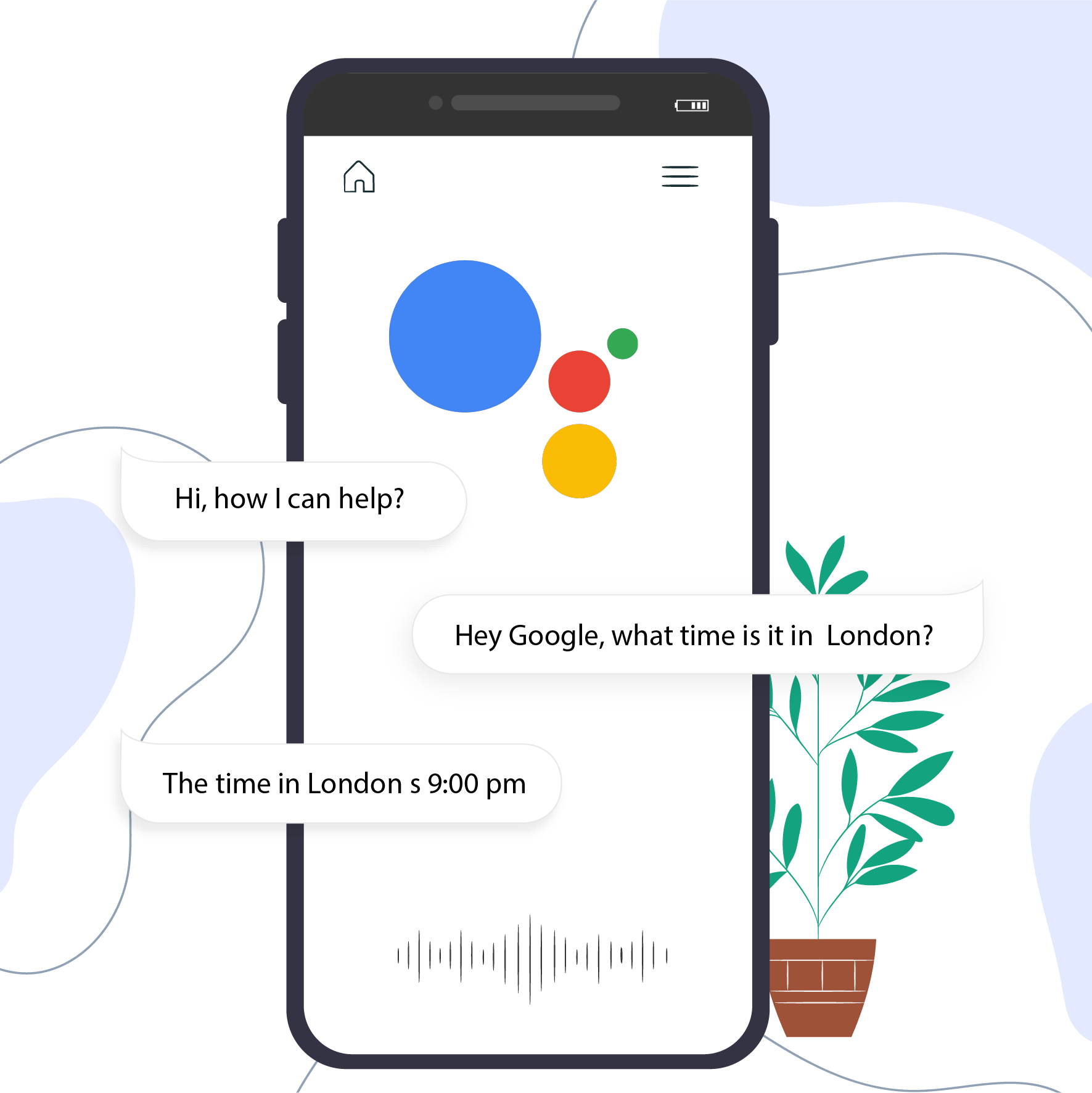
An AI personal assistant for business manages schedules and reminders. It keeps users organized by handling tasks like managing calendars and sending reminders.
These assistants also help draft quick responses and take meeting notes. Tools like Google Assistant and Microsoft Cortana integrate with productivity apps, helping professionals stay on track.
AI Administrative Assistant
An AI administrative assistant manages repetitive tasks such as data entry, email sorting, and report generation. These assistants automate clerical work, which reduces workload and improves efficiency.
They schedule meetings and send follow-up emails without human input. Clara and x.ai specialize in appointment management, freeing employees to focus on important tasks.
AI Content Assistant

An AI content assistant generates ideas, drafts content, and improves existing material. These tools suggest content based on audience preferences and optimize it for SEO.
Jasper and Grammarly are popular AI content assistants that ensure consistent tone and style while eliminating errors. They help businesses maintain high-quality communication.
AI Shopping Assistant
AI shopping assistants improve online shopping experiences by offering personalized product recommendations. They analyze user behavior and help with price comparisons and customer queries.
These assistants guide buyers through the purchasing process. Chatbots like Shopify’s Kit assist store owners by running marketing campaigns and automating essential tasks. Tools like a Digital Business Card can further streamline online interactions and enhance user engagement.
AI Phone Answering Assistant
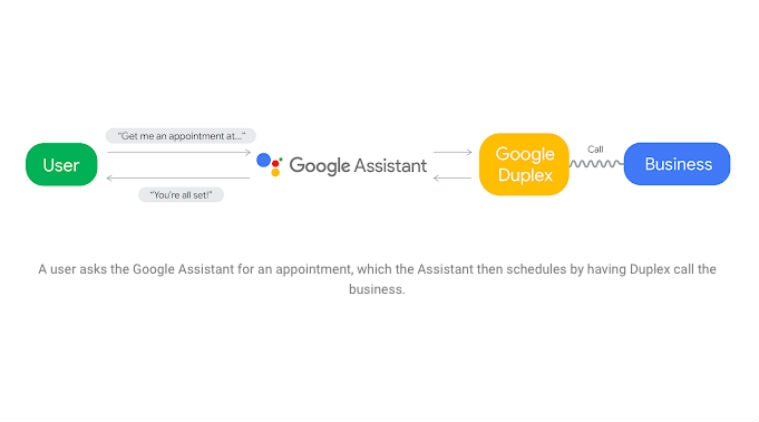
An AI phone answering assistant ensures calls get answered and routed correctly. These assistants respond to frequent questions, schedule appointments, and transfer complex issues to staff.
Google Duplex mimics human-like conversation, which enhances customer experience and reduces staff workload.
AI Personal Finance Assistant
An AI personal finance assistant tracks expenses to monitor cash flow and prepares financial reports. These assistants analyze spending patterns and suggest cost-saving measures.
Mint and PocketSmith provide real-time financial insights, enabling better decisions and improving budget control.
Suggested Reading:
Boost Conversion Rates with BotPenguin AI Assistant
AI Teacher Assistant
Educational institutions use AI teacher assistants to manage tasks like grading and lesson planning. These assistants create personalized learning paths by analyzing student progress and suggesting resources.
ScribeSense automates grading, which reduces teacher workload and allows more time for student engagement.
AI Assistants for eCommerce
AI assistants for eCommerce streamline operations by managing inventory, processing orders, and supporting customers. They predict demand using historical data, ensuring proper stock levels.
These assistants handle post-purchase tasks like tracking orders and managing returns. Drift and BotPenguin automate customer interactions, improving sales and operational efficiency.
How Do AI Assistants Help Businesses
Businesses are turning to AI assistants to improve daily operations and stay competitive. These intelligent tools enhance accuracy and boost productivity. In this section, you will know how do they help businesses.
Enhanced Task Management
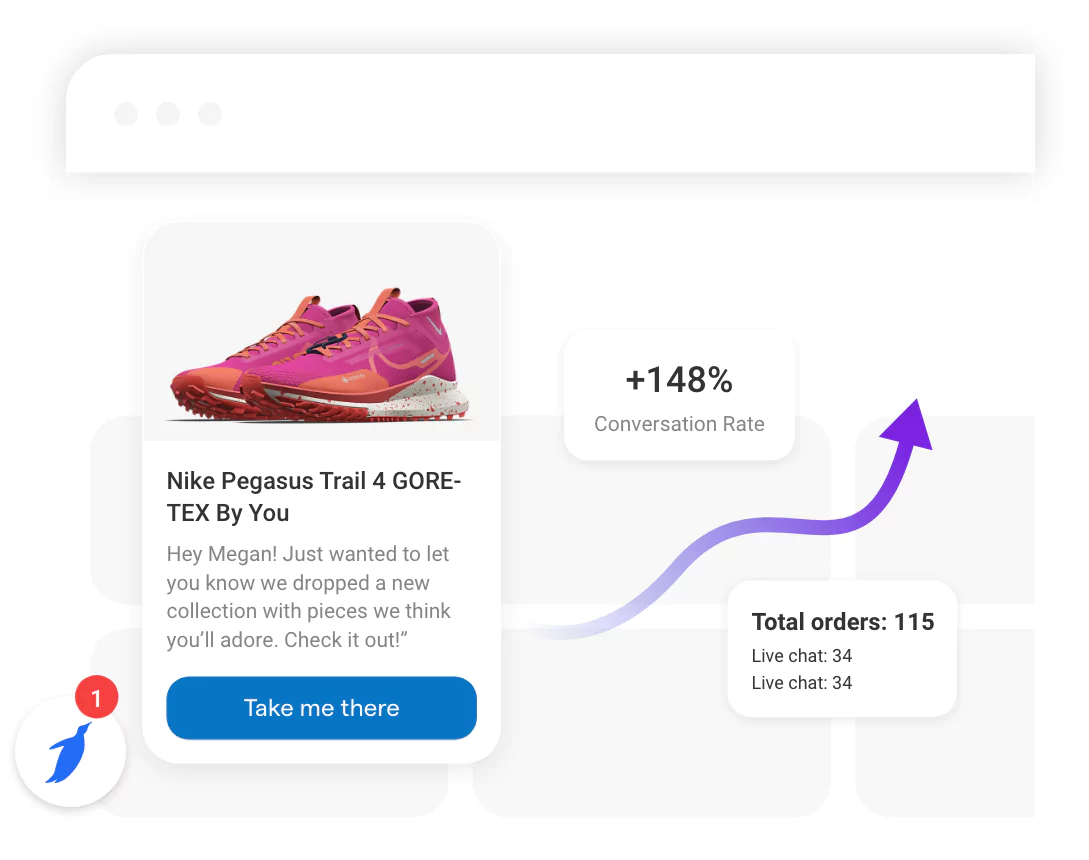
AI administrative assistants excel at handling routine tasks like scheduling meetings and managing calendars. They help free up time for important strategic tasks.
They reduce the workload on employees by automating repetitive duties. This allows teams to focus on high-priority work by improving overall efficiency and productivity.
Improved Customer Support
With AI phone answering assistants, businesses can provide quicker and more reliable customer service. These assistants handle simple queries, allowing human agents to focus on complex issues.
This dual support model ensures consistent availability. Faster response times lead to improved customer satisfaction and better overall service quality.
Streamlined Content Creation
An AI content assistant aids businesses in producing consistent, high-quality content across platforms. From drafting articles to creating social media posts, they simplify the content generation process.
These tools ensure timely delivery while maintaining tone consistency. This reduces time spent on editing and accelerates the overall content workflow.
Simplified Financial Management
AI personal finance assistants help track expenses to monitor budgets and offer insightful recommendations. They assist in identifying spending patterns and controlling costs.
Automation in financial management enhances accuracy and improves long-term financial planning.
Personalized Shopping Experiences

AI shopping assistants analyze customer preferences and purchase history to recommend suitable products. This personalized approach enhances the shopping experience and increases engagement.
By offering tailored suggestions, businesses can improve customer satisfaction. This strategy also helps boost sales and drive customer loyalty.
Efficient Learning Support
Educational organizations benefit greatly from AI teacher assistants who support instructors with grading and coursework management. These assistants provide instant responses to student queries, enabling faster feedback.
By reducing the burden on educators, they improve teaching effectiveness. This leads to a better learning experience for students.
Better eCommerce Operations
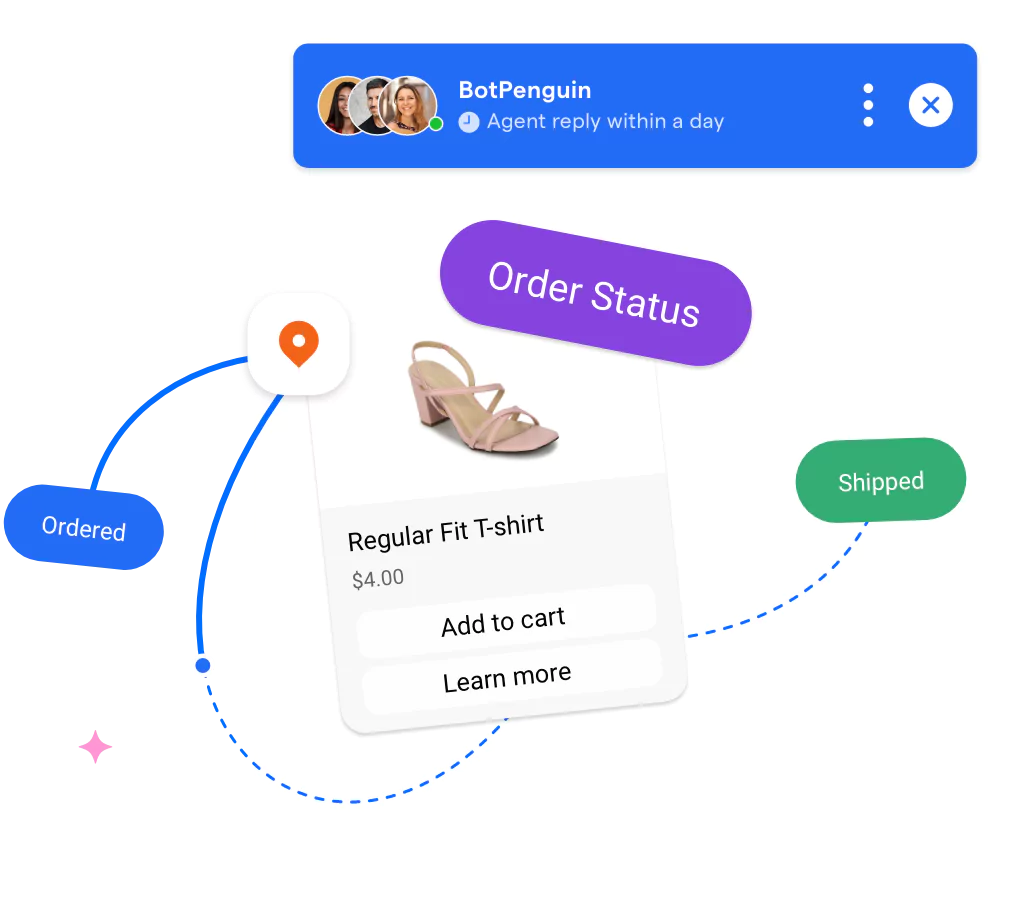
AI assistants for e-commerce automate key processes like inventory management and pricing updates. They analyze data in real time allowing businesses to make timely decisions.
This results in better stock management, optimized pricing, and increased customer satisfaction. Streamlined operations ultimately improve revenue.
Personalized Business Support
An AI personal assistant for business helps entrepreneurs and executives manage tasks, organize contacts, and schedule activities.
By offering timely reminders and updates, these assistants ensure nothing important is overlooked. This level of personalized support helps improve productivity and keeps business operations running smoothly.
Challenges of Using AI Assistants in Business

Although AI assistants have a lot to offer also some issues must be taken into account.
By getting a handle on these challenges, businesses can take informed action in terms of incorporating AI technology.
Task-Specific Limitations
One common challenge is that AI personal assistants for business can handle routine tasks but struggle with complex problems. These assistants excel at managing schedules and reminders.
However, they lack the judgment required for strategic decision-making. Businesses still need human oversight for critical tasks. Balancing AI capabilities with human expertise ensures effective operations and reduces the risk of errors or inefficiencies.
Lack of Personalized Responses
AI administrative assistants cannot often provide personalized responses. Unlike human counterparts, they tend to offer standard replies.
This can disappoint clients seeking tailored communication. Personalization plays a key role in customer satisfaction.
To overcome this issue, businesses can combine AI with human input. Regular updates and improvements to AI models also help enhance response quality.
Accuracy Issues
Accuracy remains a major concern when using AI content assistants. These tools depend on data, which may not always be reliable. As a result, inaccuracies can occur, leading to misinformation.
Businesses need to review AI-generated content before sharing it. Regularly updating data sources and incorporating human checks can significantly improve output quality. This ensures that only accurate information reaches end users.
Integration Difficulties
Integrating AI assistants for eCommerce platforms can be complicated. Many existing systems do not readily support AI tools. This creates compatibility issues that require technical expertise and resources to resolve.
Companies must invest in proper integration solutions. Testing and troubleshooting of AI assistants are essential to ensure a smooth deployment process. Effective integration of AI assistants for eCommerce allows businesses to fully leverage AI capabilities.
High Training Costs
Training the best AI assistants requires large amounts of data. Gathering and preparing this data is time-consuming and expensive. Companies must allocate budgets for data collection and model training.
Despite the high initial cost, proper training improves AI performance. Over time, businesses can reduce costs by reusing data and optimizing training processes, making AI tools more efficient and valuable.
Key Considerations To Choose the Best AI Assistant
Selecting the best AI assistant can be overwhelming. You can choose the most suitable AI assistant for your exact requirements and increase your productivity by following these guidelines.
- Identify Your Needs: Choose the type of AI assistants that fit your requirements. This includes, e.g., an AI personal finance manager or an AI administrative manager.
- Accuracy: Next, the AI assistants should be competent at scheduling customer interactions without generating errors.
- Integration: AI assistants should, ideally, be seamless to integrate with your current solutions, like Google Workspace, Slack, or e-commerce software.
- Personalization: Search for AI assistants that can adapt to work with your style and workflow to maximize effectiveness.
- Natural Language Processing (NLP): Sophisticated Natural Language Processing (NLP) can be essential for correctly understanding and answering commands and questions.
- Data Privacy and Security: Select AI assistants with strong encryption and privacy standards, particularly when dealing with sensitive data.
- User Experience (UX): The interface should be simple to use with intuitive controls that do not tax the user with a steep learning curve.
- Customer Support: AI assistants shall provide responsive customer service to any problems as quickly as possible.
- Pricing: Analyze the cost of the best AI assistant and its features. Consider whether the assistant’s functionalities justify the price.
- Trial Period: Utilize free trials/demos to evaluate the assistant's features before committing to a final choice.
Conclusion
In conclusion, AI assistants are changing the way businesses run by increasing efficiency, lowering costs, and boosting customer experiences.
As previously discussed, AI assistants are transforming the business landscape, providing unprecedented prospects for efficiency, productivity, and customer happiness.
These technologies are increasingly vital in a variety of industries, ranging from the best AI assistant for content creation to advanced AI shopping assistants.
Companies like BotPenguin are at the forefront of the artificial intelligence revolution, offering advanced tools and solutions for any business requirement. BotPenguin's array of AI tools showcases the versatility and potential of intelligent assistants.
BotPenguin can be an AI personal assistant for company operations or an AI administrative assistant optimizing office duties. It also excels at being an AI personal finance assistant managing complex financial data.
The future of business is not just about having the best AI assistant. It's about leveraging AI to enhance human potential and drive unprecedented growth and success.
Frequently Asked Questions (FAQs)
How can AI assistants improve productivity in a business?
AI assistants improve productivity by handling routine work. It can also schedule and respond to customer requests. This leads to a greater ability of your employees to dedicate themselves to other critical and complex activities.
What are the benefits of using AI assistants for customer support?
AI assistants can enhance customer support by providing 24/7 availability and handling high volumes of inquiries. It also offers instant responses. This improves customer satisfaction and reduces the workload on human support teams.
How do AI assistants impact data privacy?
AI assistants handle sensitive data by raising privacy concerns. Businesses must ensure that proper security measures and compliance with regulations are taken. It will protect customer information and avoid potential breaches.
How does an AI personal finance assistant help businesses?
An AI personal finance assistant helps businesses manage their financial tasks. It does this by tracking expenses and creating budgets. The AI personal finance assistant can also analyze spending patterns and offer insights for cost-saving opportunities.

